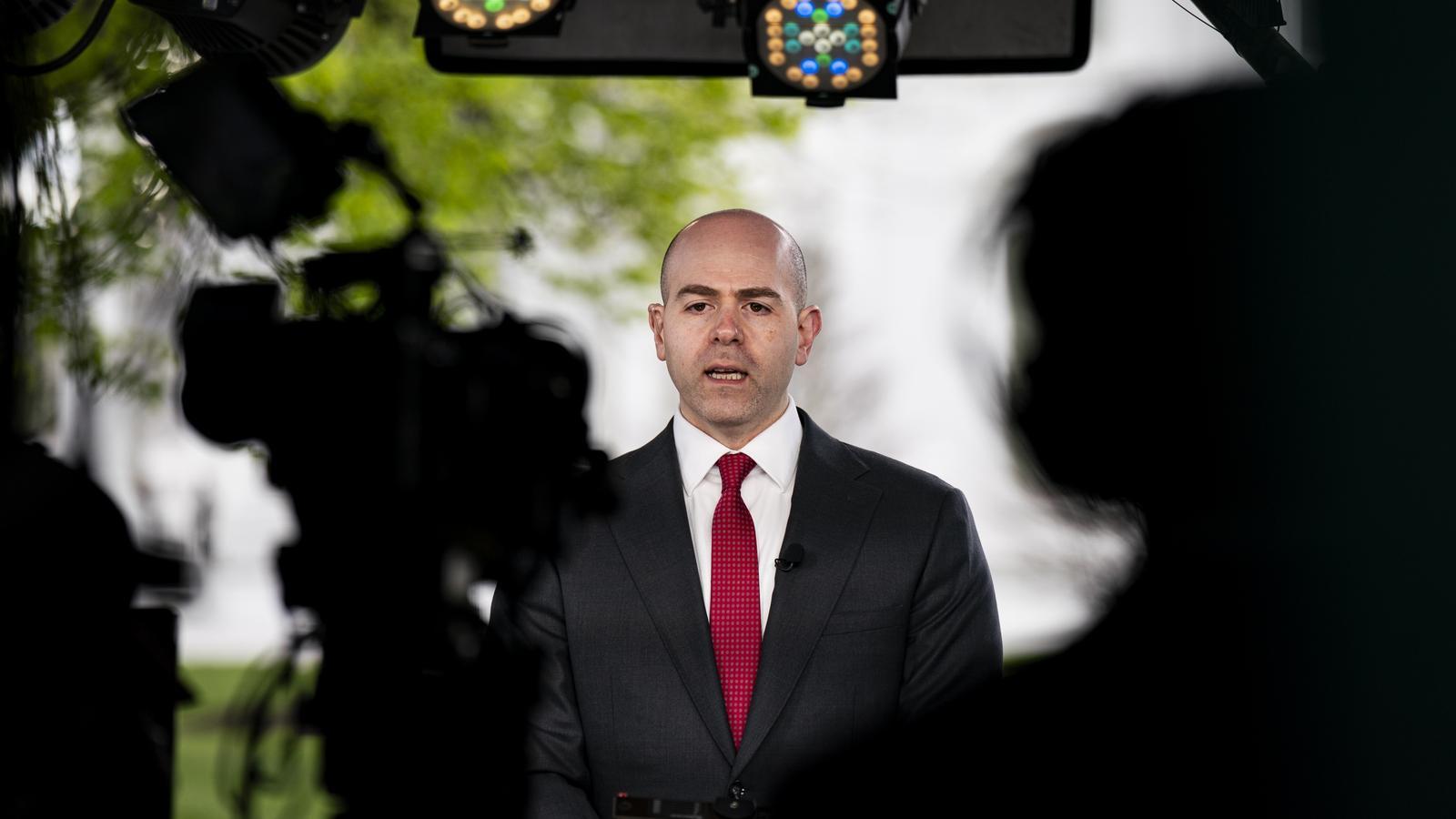Stephen Miran, Trump's Trojan Horse for the Fed
If approved by the Senate, the president's economic adviser will land in the middle of the bank's divisions over monetary policies.


WashingtonDonald Trump has found his Trojan horse for pulling the strings at the Federal Reserve: Stephen I. Miran, one of the greatest defenders of his tariff policies. Although the vacancy he would fill on the Fed's board of governors is temporary, Miran would occupy a seat that would allow him to influence the most important decisions of the US central bank, at a time when the US president sees the institution as a brake on his economic agenda.
Miran is currently the chairman of the White House Council of Economic Advisers. Before joining the tycoon's ranks, this economist had already been critical of the Federal Reserve. He criticized it for acting under a kind of "collective thinking" that has led it to make "mistakes" in monetary policy and called for greater political control over the institution. One of the reasons the dollar functions as the standard currency is the trust in the political independence of the Federal Reserve in its decisions. Trump's pressure on the Fed could undermine that trust, with less than positive consequences.
Miran's appointment is temporary because he will fill the role that Adriana Kugler abruptly left last week, when her position on the board of governors was set to end on January 31 of next year. Kugler's resignation couldn't come at a better time for Trump, who has pressured and threatened Powell to lower interest rates.
If the Senate approves Miran's appointment—a process that will take several months—the president's loyalist would land at a time when Fed officials are deep in talks about when and how much to lower interest rates, after a long pause during which they have hovered around 4%. Added to this is the internal competition to see who will become chairman of the central bank. Jerome Powell's term as Fed chairman expires at the end of May 2026. At that point, Trump could install his Senate-confirmed nominee in Powell's place. The process for selecting a new Fed chair is the same as for governors: the US president nominates a candidate, and the Senate must ratify the candidate for a four-year term.
Although Trump told reporters he would seek another permanent candidate to fill the vacancy that will open in January, there is a chance that if Miran performs well, he could renew his position as Fed governor—which lasts for 14 years—and could even run for Powell's seat.
Trump's move
The move the president must now make with the rift that has opened up within the Federal Reserve is a long-term one. The piece he moves with Miran could advance many more spaces than it seems. In fact, the ability to give Trump more pieces or not rests in Powell's hands. When the Fed chairman ends his term in May 2026, he could leave the institution permanently or stay until the end of his term as governor, which expires in 2028. If he leaves in 2026, Powell would open another vacancy on the board of governors to appoint another loyalist.
Without making such big moves, Trump will already gain a lot just from Miran's entry. If the Senate approves him, the Republican nominee could land at the Fed just in time for the late-October meeting. The Trojan horse would come at a turbulent time for the central bank, in which officials have already shown themselves divided over the future of monetary policy. The Fed's last meeting was one of the most contentious in years: for the first time in more than three decades, two governors voted against the majority position of freezing interest rates. Michelle W. Bowman and Christopher J. Waller, both appointed by Trump, voted in favor of cutting interest rates by 0.25 percentage points.
Monetary policies are decided by the Federal Open Market Committee (FOMC), which includes the board's seven governors, the Fed chairman, vice chairman, the president of the Federal Reserve Bank of New York, and four presidents of other Fed banks who rotate annually. In total, twelve votes are cast. Although Miran's vote would not have a decisive role in the vote, it could persuade other FOMC members to join forces in favor of Trump's wishes.
The role of Trump's economic advisor will be threefold: he must evangelize within the Fed in favor of its leader's dictates; He will become a kind of spokesperson for any internal opposition that may arise against the institution's decisions, and, in turn, Miran will be Trump's eyes and ears. The US president will have access to firsthand information about internal struggles and petty disagreements that he could later exploit to his advantage.
